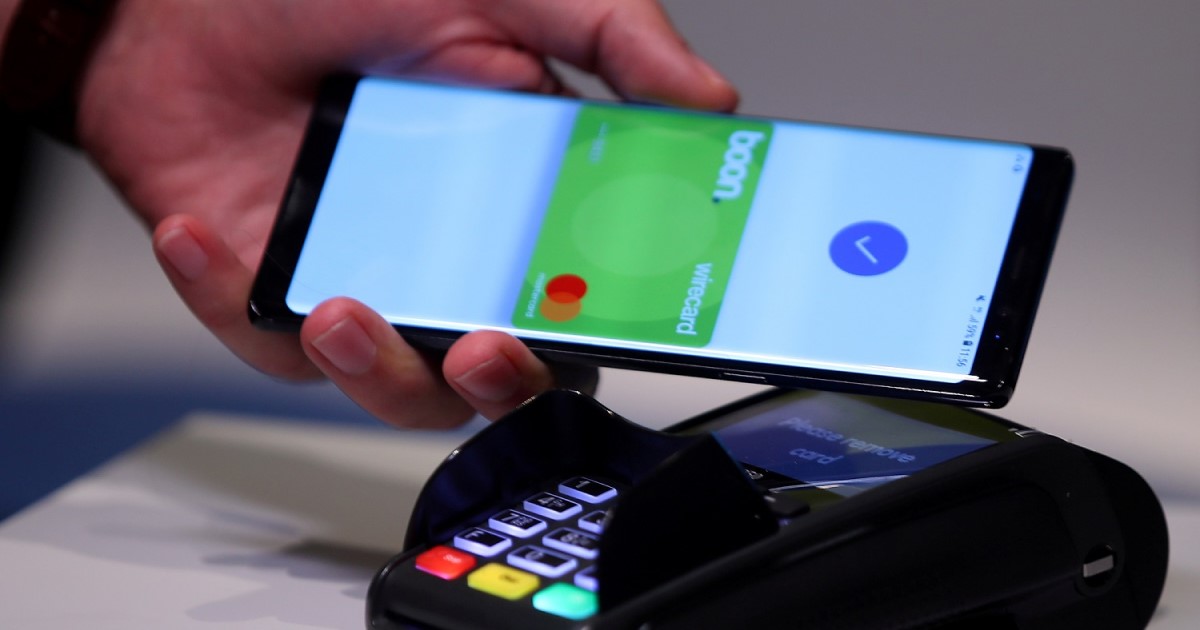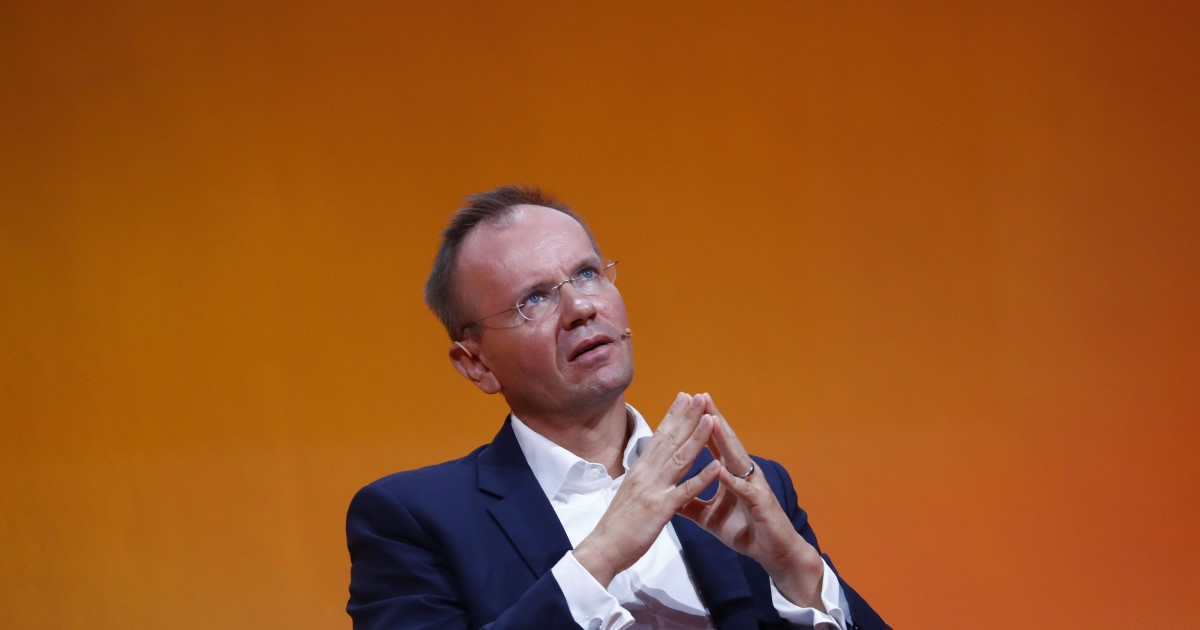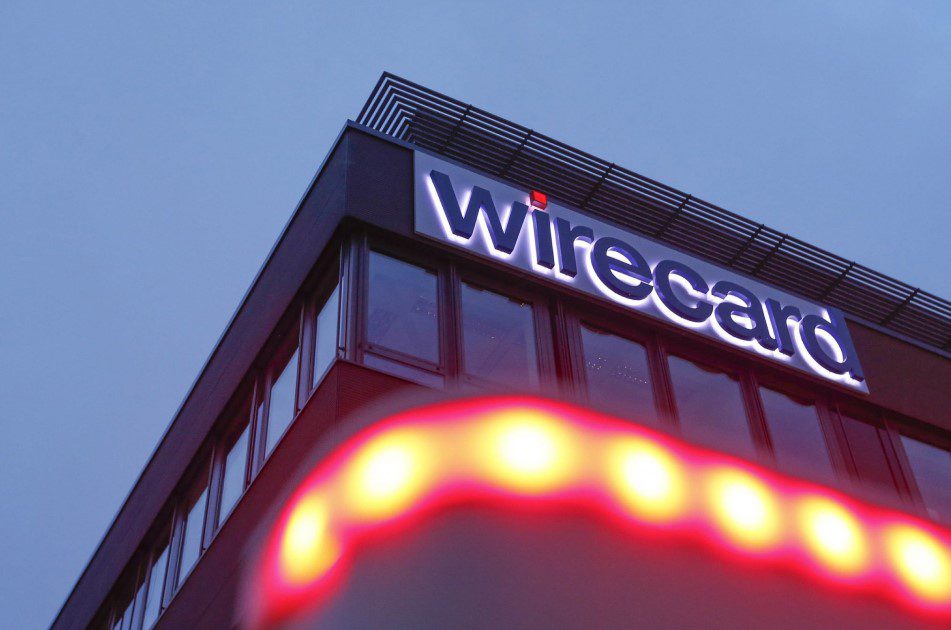An Insolvency of Dominant Fintech Star Wirecard in Accounting Scandal
Wirecard AG is a German company, founded in 1999, specializes in payment processor and financial services provider. A payment service provider is so-called a payment processor or a merchant acquirer that acts as the intermediary between retailer, consumers, card brand networks and the financial institutions to process electronic payment transactions. Payment service provider handle the entire payment transaction to ensure merchants get paid. From authorization to settlement, payment service providers facilitate the transfer of funds from customers’ accounts to merchants’ accounts. To simplify, if a customer pays by credit card, the money from Visa or Mastercard does not flow directly to the retailer but goes first to the payment processor. Only after a time delay does payment service provider then forward the money to the retailer.
From a financial point of view, this business model has the following implications: With the payment processor, receivables from the credit card companies and liabilities from the merchants are formed. If the payment flow is started, the receivables are converted into cash, which initially runs into the books of the merchant acquirer, but at some points also out again – with which the liabilities are dissolved again after the receivables.
Unveil How the German Fintech Wirecard Has Become the One of Payment Giant in Europe
At the end of 2015, Wirecard had receivables from the acquiring area in the amount of $377 million – and liabilities from the acquiring area in the amount of also $377 million. The situation was similar a year earlier, there were claims of $320 million – and liabilities of $319 million.

It is said that the receivables from the acquiring area stand grossly modo for the money that Wirecard receives from the credit card companies and the liabilities from the acquiring area for the money that Wirecard pays to retailers.
Wirecard is the company established by two men. One of co-founder is Markus Braun, former KPMG manager, and is one of the largest shareholders with a good seven percent stake. In 2002, when it was close to folding at the end of the dot-com bubble, Markus Braun injected capital and joined as CEO. He consolidated the company and focused the business model on the big trend topic with which Wirecard continues to make its money to this day: payment transactions on the Internet. In the early years, customers came primarily from the porn and gambling industries, which is why Wirecard initially had a dirty image. Later, more serious industries such as airlines or retailers were added.
The other important protagonist is Burkhard Ley, former CFO of Kirch New Media AG, the startup branch of the film bankrupt. In 2006, Ley joined Wirecard and has since translated the growth generated by Braun into increasingly impressive figures.
In 2008, Wirecard introduced virtual prepaid credit cards for online payments and in the following year a fraud prevention suite for fraud detection that also uses AI and machine learning. With the purchase of Prepaid Card Services from Citigroup, Wirecard has also been represented in North America since 2016.
At first glance, Wirecard’s story is that of a new economy zombie, which, due to its initially focus on the mega topic of e-commerce, converted into a valuated billion-dollar company. Nevertheless, the profile of the company based in Aschheim near Munich also means that the company has been repeatedly attacked for years because of opaque or supposedly unclean accounting practices.
Disruptive Products and Services of Wirecard in Accounting for Competitive Fintech Pie
Wirecard is an international supplier of electronic payment and risk management services. Wirecard offered products and services in the areas of mobile payments, e-commerce, digitization and finance technology. This traditionally comprises the integration of payment methods, payment transactions via e-commerce as well as payment transactions at the stationary checkout (POS).
Digitalization In Retail Sector
In 2018, The payment service provider Wirecard launches the flexible bill payment option Try Before You Buy. In cooperation with the European headquarters of PVH Corp., Wirecard provides the functionality for their e-commerce portals. With the help of Try Before You Buy, online retail customers are to be able to pay only 30 days after placing the order. Credit worthiness is checked using the Wirecard Fraud Prevention Suite (FPS), which uses machine learning and artificial intelligence and checks the credit worthiness of consumers based on the analysis of long-term data patterns. The aim of this additional payment option is to first give the customer time to examine the goods extensively.
Additionally, Wirecard has presented a payment solution in cooperation with the digital price tags from SES-Imagotag, which are already being used internationally. Thanks to Wirecard technology, both companies’ existing system for seamless mobile payment enables consumers to pay directly in the store anywhere and at any time, thus avoiding long lines at the checkout. This solution has been expanded to include extensive loyalty, couponing and data analytics functions.

The new loyalty function, which was developed jointly by both companies, will allow retailers to automatically reward shoppers for their loyalty in the future, thus promoting customer loyalty. Customers receive personalized discount vouchers or loyalty points that are designed to increase the feeling of a seamless and immediate shopping experience.
Both functions also offer advantages for retailers: customers’ preferences, purchasing behavior, the place of purchase and other information with contextual relevance to the retailer each time it is used for couponing or loyalty purposes.
The retailer can then use the data collected to optimize his offer or to improve targeting – tailored special offers for improved customer loyalty. The data analytics functions based on the Wirecard Omnichannel ePOS Suite required to evaluate this information are therefore also part of the expanded cooperation between Wirecard and SES-imagotag.
Wirecard also supports high-street retail with digitization; an example of this is the collaborative project with T-Systems. In 2016, together with the WMF Group, Wirecard developed a mobile app which connects store purchases with online sales.
Mobile Payment
Wirecard Card Solutions Ltd. (WDCS) is a wholly owned subsidiary headquartered in Newcastle upon Tyne, UK, with an e-money license which allows it to issue virtual cards. It provided numerous mobile payment applications and Wirecard’s own mobile payment app.
Since 2015, Wirecard offers consumers the fully digitalized, mobile payment-app boon, which works independently of banks or network operator’s boon based on a virtual Mastercard and runs on mobile devices with the Android or iOS operating systems. In addition, boon can be used via Apple Pay and Google Pay supports boon. in France. boon. offers contactless payments via smartphone and tablet through NFC as well as online payments and peer-to-peer transactions.
In the mobile payments sector, Wirecard has negotiated several contracts with telecommunications providers for technical services with regard to mobile smartphone payments based on near-field communication (NFC). The payment processor offers its partners a mobile card reader as a white label program for the acceptance of card payments via smartphones or tablets.
Wirecard Bankcrupt for $2.1 Billion Hole – a Fall of OncE-high-Flying Fintech Star
German payments giant Wirecard has gone from one of Europe’s most hyped financial technology firms to insolvency in the midst of a major accounting scandal linked to a $2.1 billion hole in its finances, all-but extinguishing the value of a company that was worth almost $22.6 billion as recently as April.
Wirecard initially said the money was supposed to be in trustee accounts in two banks in the Philippines. However, the country’s central bank said the cash had never entered its monetary systems, while two commercial banks – BDO Unibank and Bank of the Philippine Islands – said that despite the company’s insistence, they had no relationship with Wirecard.
In a brief statement posted by the Wirecard board, the company announced the bankruptcy: “The management board of Wirecard AG has decided today to file an application for the opening of insolvency proceedings for Wirecard AG with the competent district court of Munich because of impending insolvency and over-indebtedness.”

The company, which processes tens of billions of euros in credit and debit transactions every year, said it failed to reach a deal with its lenders that could help it stay afloat following a turbulent week.
Braun resigned last Friday; the same day the company confirmed its headquarters were searched as part of a market manipulation investigation launched by Germany’s financial regulator BaFin. By Monday, the management board admitted that the funds do not exist.
Following the news of the missing $2.1 billion, CEO Markus Braun was arrested on suspicion of falsifying accounts at the company after presenting himself to police, according to German media. German prosecutors have said they believe the former chief executive may have artificially inflated the company’s assets and income through fake transactions, to make the company seem financially stronger and more attractive to investors and customers. Currently, Braun was bailed from police custody after posting a deposit of $5.6 million on June 30, according to public prosecutors in Munich.
The company announced that its auditor, EY, could not account for $2.1 billion – sharing it believed there were attempts to deceive its audit. Questions regarding Wirecard’s operations have swirled for some time following investigative reporting by the Financial Times – something the company adamantly negated. Wirecard had been audited by EY for a decade and the group’s last available company accounts in 2018 suggest it processed around $141 billion, worth of card payments, generating nearly $2.2 billion in revenue.
However, according to an independent report published by accounting giant KPMG in April, as many as half of those sales may have been fabricated.
Revealing the extent of the scandal which has emerged, the company’s shares, which have lost more than 95 percent of their value within days, were temporarily suspended from trading in Frankfurt, after the share price slumped over 90 per cent in less than a week, revealing the magnitude of the saga that has emerged. The shares were trading hands at around $1.4 in July, compared with $117.5 last June.

Another corporate casualty was former COO Jan Marsalek who was terminated. A report this week indicated he may have traveled to the Philippines – a country where Wirecard had operations. Authorities in the Philippines have launched an investigation and are said to be looking for Marsalek.
Adding to the embarrassment to Germany’s corporate reputation was the reaction of the financial regulator, BaFin, when media reports last year questioned the company’s accounting. The scandal has thrown BaFin under the spotlight over the the way it has handled critics of Wirecard since 2018.
“That is a documented failure of supervision to intervene when there was clear evidence in this case,” said by Florian Toncar, a member of parliament for the opposition Free Democratic Party, said in an interview on Norddeutscher Rundfunk public radio.
He said the case was a heavy blow for Germany’s reputation as a financial center.
“WireCard was until now one of the few functioning tech companies that have come up with new ideas in the marketplace and now it turns out that that was to a great extent smoke and mirrors.”
BaFin’s head Felix Hufeld has conceded that Wirecard’s implosion was a catastrophe, but the agency is standing by its decisions throughout the scandal, details of which are still emerging.
The watchdog temporarily banned short selling of Wirecard shares, a step it had never taken for an individual company, saying there were signs of manipulative behavior potentially including insider trading. It also launched an investigation into reporters at the Financial Times, who in October reported that Wirecard staff had potentially conspired to fraudulently inflate sales and profits for a decade.








